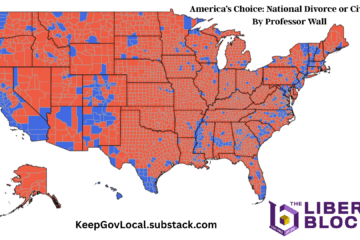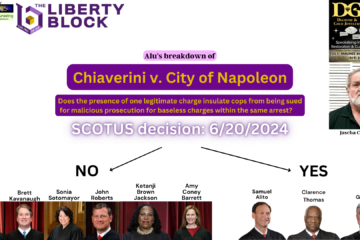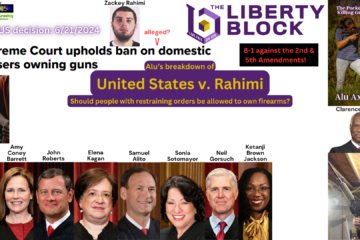The Liberty Block began to warn our readers about HB628 on January 9th. We have since reached thousands of NH residents on Facebook and encouraged many of them to contact their representatives about the bill. This horrible bill creates a new government agency in order to administer a new government entitlement program: paid family medical leave. Supporters of HB628 justify it by claiming that there are too many NH residents who must stay home and care for their babies or sick relatives instead of working and are therefore suffering from poverty. The new $4,000,000 government program would provide these people with 60% of their regular salary for up to 6 weeks in the event that they took off from work for one of the approved reasons. How would this program be funded?
The bill seems to create a state tax of 0.67% to pay for this new government agency and new welfare program.
After our initial article reached 10,000 Facebook users, a few people commented on the article that we have been deceptive, as the bill creates a payroll tax and not an income tax. Since we pride ourselves on journalistic integrity and absolute honesty, we recognize that a) this issue must have a fair hearing and that b) we must consider whether we have made a mistake.
I must admit that I did not consider this distinction until it was brought to my attention. For that, I apologize.
Before we delve into this question and the bill text, we must first describe the difference between the two forms of taxation.
If a person earns $1000 in a week, a 5% income tax would result in the government taking $50 out of that check, leaving the employee with $950. This would appear as a ‘deduction’ on the paycheck itself. The gross pay minus the total of all deductions equals the net pay. The net pay is what the employee actually receives when they cash/deposit the check.
A payroll tax does not directly deduct money from the employee’s paycheck. It involves taking money from the employer based on each employee’s salary. A 5% payroll tax on a $1000 check would result in the employer being forced to give $50 to the government for every $1000 he pays an employee. Since payroll taxes make it more expensive to pay an employee, it results in employers being left with less money with which to pay employees and run their companies. Even if HB628 strictly created a payroll tax, it would certainly translate to less investment into one’s own company, fewer bonuses, less overtime, and possibly fewer hours and fewer raises for NH workers. I would consider the creation of a new NH payroll tax to be a way to take money from employees while still boasting that ‘We don’t have a state income tax!’
So, which type of tax does HB628 create?
The language in the bill remains ambiguous to me. The bill seems to imply that the employer is ultimately responsible for paying the tax (which makes it seem like a payroll tax) but it also mentions that a) the employer could withhold the money from paychecks (which is weird and sounds like an income tax) and it says that employees have the right to opt out of the tax (which would obviously not be necessary to say if they were not the ones responsible for the tax-making it seem like an income tax).
“All employers subject to this chapter shall remit FMLI premium payments on a calendar quarter basis. These quarterly insurance premium payments shall amount to 0.67 percent of wages per employee per week for each week of the preceding quarter. Employers may withhold or divert no greater than 0.67 percent of wages per week per employee to satisfy this paragraph, provided that such employers provide employees, before employment commences, a department approved information sheet containing conspicuous language explaining the costs and benefits of the insurance and indicating that employees are able to affirmatively opt-out of the insurance…”
The bill also states that those who are in the New Hampshire government are exempt from paying this income tax (which certainly seems to imply that this bill creates an individual income tax).

“This chapter applies to all nongovernmental employers…”
If we look at the above phrase from the ‘payroll tax’ perspective, it could be inferred that the bill creates a payroll tax. Since governmental employees are by the government, it would be redundant/meaningless for their employers to pay a payroll tax to the government. This would still harm all private sector employers and employees while sparing government employees, much the same as an income tax would.
The ambiguity of the bill’s language is only one of the many reasons that this bill is horrific. Add the proven unsustainability of such programs, and that no state in the US allows anyone to ‘opt out’ of their FMLI tax, and the fact that theft is wrong and that FMLI programs already exist in the private insurance market, and you have a serious contender for ‘Worst Bill of the Year’, regardless of whether the government enforces it as an income tax or a payroll tax.
The views expressed in this article do not necessarily reflect the views held by The Liberty Block or any of its contributors or members.


